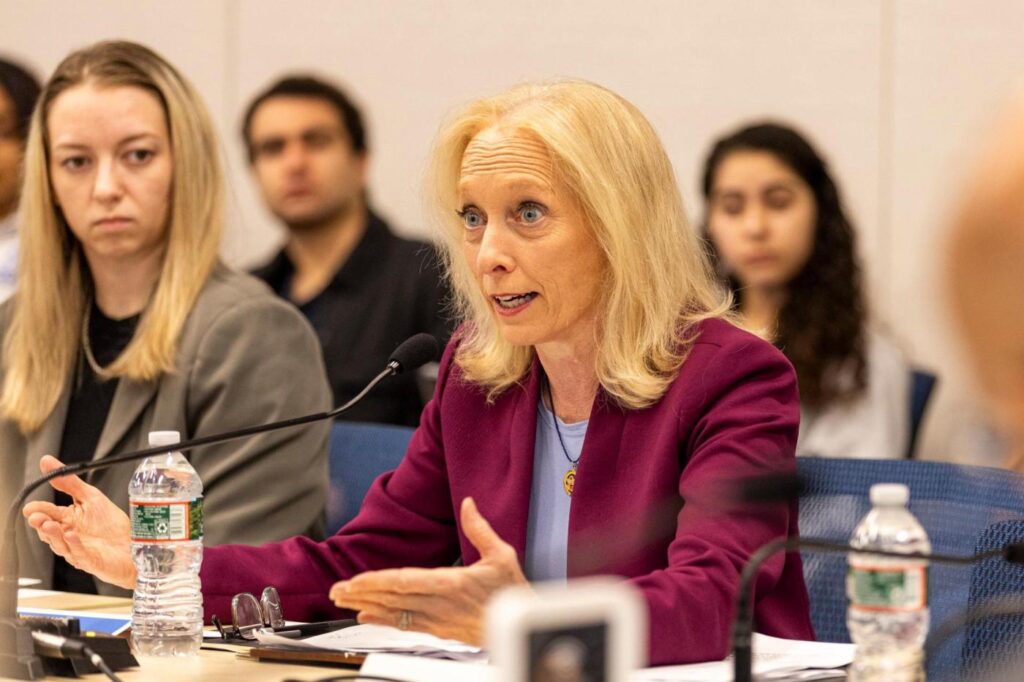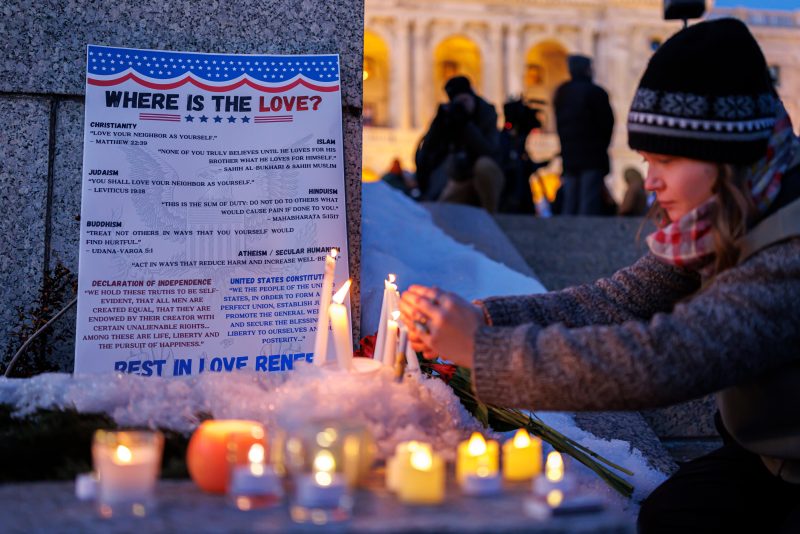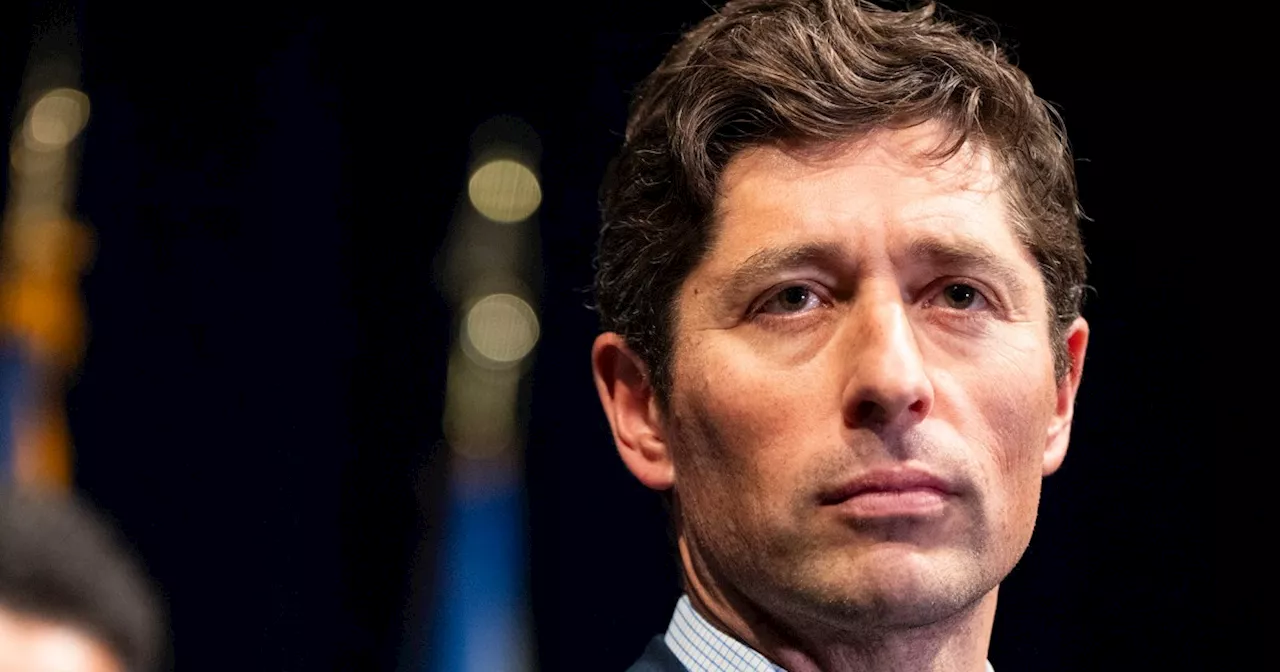
U.S. Representatives Mary Gay Scanlon and Summer Lee were denied entry to the Moshannon Valley Processing Center in Pennsylvania on March 27, 2024. Their attempts to conduct oversight visits came shortly after the death of a detainee, Chaofeng Ge, who was found hanging in the facility earlier this month.
Both lawmakers, part of the Democratic Party, reported waiting for approximately one hour before being turned away. Scanlon expressed her frustration in a statement, emphasizing the need for transparency in facilities that house detainees. “As we continue to hear stories of inhumane conditions within this facility and others across the country, it is our duty as federal representatives to shed light on how taxpayer dollars are being spent and to ensure detainees are not being mistreated,” she stated.
The incident raises significant concerns about the supervision and mental health resources available to detainees. Following Ge’s death, U.S. Immigration and Customs Enforcement (ICE) reiterated its commitment to providing safe and humane environments for all individuals in its custody, stating that “comprehensive medical care is provided from the moment individuals arrive and throughout the entirety of their stay.” Despite this, Scanlon noted persistent reports of inadequate medical services and nutrition at the facility, particularly affecting detainees from her district.
According to Scanlon, most individuals arrested by ICE in the Northeast and mid-Atlantic regions are processed at this facility, making oversight visits crucial to ensure accountability. She highlighted the importance of protecting civil rights, especially as the Trump administration continues its policy of detaining immigrants in significant numbers.
Upon arriving at the facility, Scanlon was informed that she and Lee could not enter due to directives from Homeland Security Secretary Kristi Noem. Despite presenting a statute granting members of Congress oversight authority, the facility’s supervisors ultimately denied them entry, citing the Secretary’s orders.
Lee, who accompanied Scanlon, described the incident as indicative of broader issues regarding executive overreach. “Blocking sitting members of Congress from entering a detention facility not only violates the Constitution, but should call the public to question what is happening behind these walls that the administration is trying to hide,” stated Yannick Gill, senior counsel of refugee advocacy at Human Rights First, who joined Lee in the visit attempt.
The refusal of entry to Scanlon and Lee is part of a troubling trend observed since the Trump administration took office, where lawmakers have increasingly faced barriers to accessing federal detention centers. In May, members of Congress were similarly denied access to Delaney Hall, another ICE facility run by the GEO Group in Newark, New Jersey.
As this situation unfolds, the implications for detainee welfare and legislative oversight remain significant. The public and policymakers alike will be watching closely to see how these events develop and whether further actions will be taken to ensure accountability within the immigration detention system.







